Canada
Canada will host talks "with a view to achieving a comprehensive, peaceful and political resolution" of the separatist conflict that has been plagued the English-speaking west of Cameroon for over six years.
Canada's Minister of Foreign Affairs, Mélanie Joly, announced a peace process aimed at resolving the ongoing war in the North-West and South-West regions of Cameroon. It is the latest bid to resolve the war in Cameroon.
On a press statement dated Friday, January 20, the minister said some warring parties had agreed on forming "technical committees to begin work on confidence-building measures."
The parties involved are "the Republic of Cameroon, the Ambazonia Governing Council and the Ambazonia Defence Force, the African People’s Liberation Movement and the Southern Cameroons Defence Force, the Interim Government, and the Ambazonia Coalition Team."
Mélanie Joly said "Canada accepted the mandate to facilitate this process, as part of our commitment to promote peace and security and advance support for democracy and human rights."
She added that the parties taking part in this mediation expressed the hope "that other groups [would] join the process."
Forgotten war
Since 2017, Cameroonian forces fights secessionist militants. Both sides have been accused of atrocities in the fighting which, according to the International Crisis Group (ICG), has killed more than 6,000 people.
"Civilians are bearing the brunt of the ongoing crisis in Cameroon," Mélanie Joly said. "Nearly 800,000 people have been displaced as a result of this crisis, and 600,000 children do not have full access to education."
Cameroonian authorities have not commented Canada's announcement. During his New year address to the diplomatic corps in Yaoundé on January 6, president Paul Biya, insisted that his country "remained committed to the peaceful resolution of conflicts through dialogue and negotiation.
Canada called the agreement to enter a formal process a "critical first step toward peace and a safer, more inclusive and prosperous future for civilians affected by the conflict."
"We encourage all stakeholders to support and work with the parties to advance and contribute to an inclusive process to reach a lasting and sustainable political settlement."
In June 2019, the Swiss Federal Department of Foreign Affairs announced the country would mediate in the political crisis raging in Cameroon’s English-speaking North West and South West regions.
Months later in September 2019, Cameroon organized a Grand National Dialogue. However, the five days of talks were boycotted by most separatist leaders, but gathered more than 1,000 participants. They recommended "special status" for the North West and South West regions, home to most of the anglophone minority that makes up 16 percent of Cameroon’s population.
Years later, the prospect of peace in the country’s Anglophone regions remains distant.



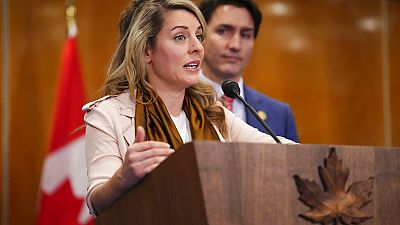

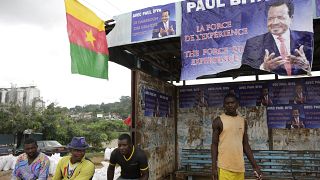

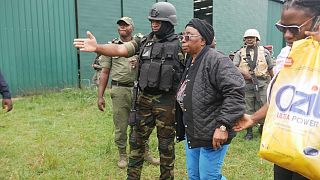
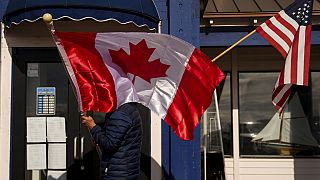
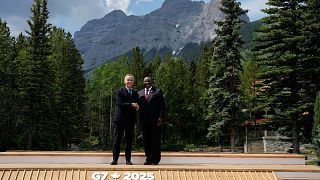
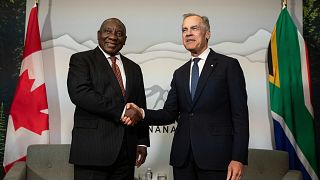


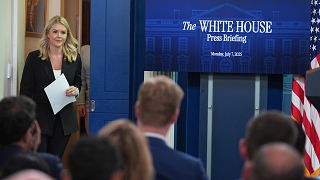
Go to video
Cameroon imposes significant penalties on Telecom giants Orange and MTN
01:39
Sustainable development financing conference opens in Seville
02:22
Cameroonian marine conservationists trained as scientific divers
Go to video
Cameroon’s Tourism Minister joins presidential race as Biya’s silence fuels uncertainty
01:09
Cameroon’s civil society calls on voters to sanction Biya in upcoming elections
11:14
Rwanda Walks Away: what’s behind the Central Africa rift? [Business Africa]